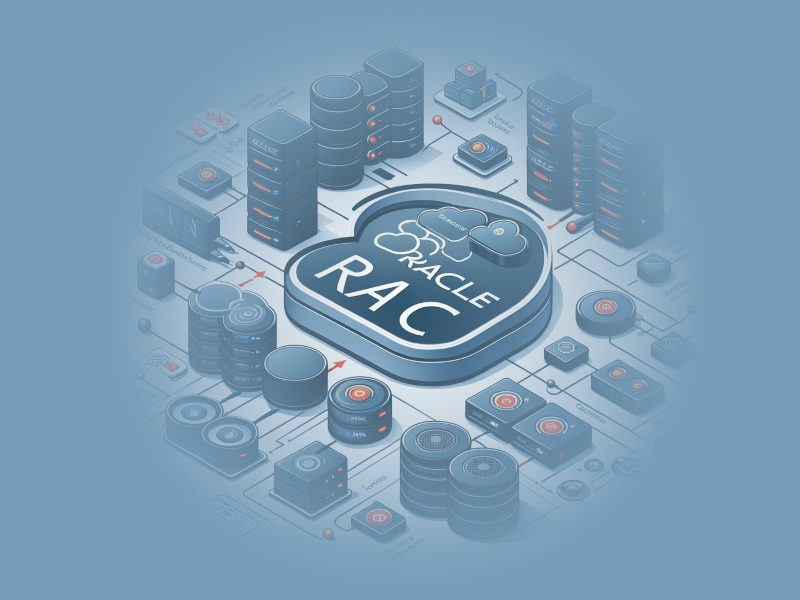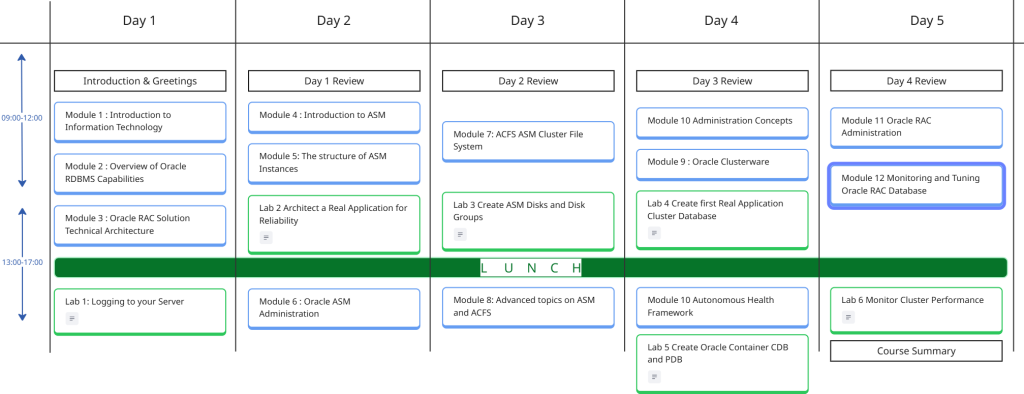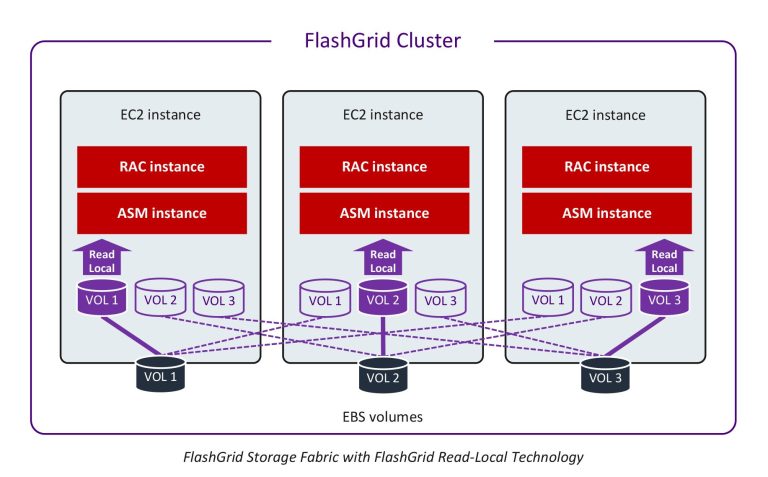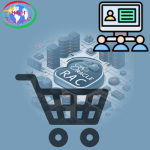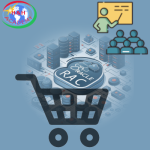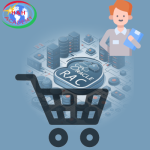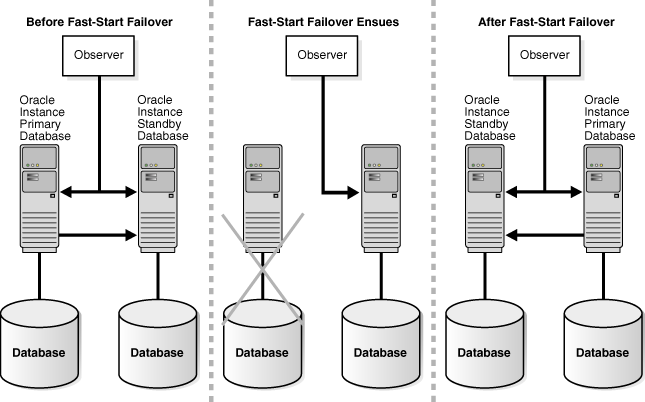Oracle Real Application Cluster RAC
 ER with TOAD
ER with TOADEntity Relationships for Relational Database Managment Services by Oracle
 Practical Hands on Labs.
Practical Hands on Labs.Many labs with hands on experience; practicing real challenging exercises
independently and supervised by your professional trainer Earn your recognition
Earn your recognitionBe part of the professional world, standout for your proven knowledge and skills
 Live Demos! .
Live Demos! .With visual view of how the concepts can be realized using live data
and live practices by the instructor.
Thanks to the training Kata where the instructor leads and students
follow instructions step by step
Overivew
Throughout this course, students will learn the basics of Database management systems running in complex yet reliable grid infrastructure.
Prerequisites
Knowledge
Students to this class are expected to have:
- Good understanding Cloud Computing Basics
- Basic understanding of Oracle DBA
- Basic knowledge of
- Networking and Security
- Site Operations such as RPO/RTO
- Basic understanding of computer operations skills :such as managing files
Technology
Depending on the delivery method of this course, the students should have :
- A Workstation with Internet browser capability such as (Chrome, Edge, or Safari)
- Good persistent internet connection without blocking firewalls(ideally non corporate firewall protected workstations)
The Labs
Labs are provided throughout the course
Labs covered in this course:
- Lab 1: Logging into your Server
- Lab 2: Architect a Real Application for Reliability
- Lab 3: Create ASM Disks and Disk Groups
- Lab 4: Create First Real Application Cluster Database
- Lab 5: Create Container CDB and PDB
- Lab 6: Monitor Cluster Performance
Objectives
By the end of the course, students should be able to
-
Understand Oracle RAC (Real Application Cluster)
-
Install, Administer, and Troubleshoot Oracle RAC on Oracle Grid infrastructure
-
ASM (Automatic Storage Management) Installation and Administration
-
Multitenant Architecture and Nodes
-
Aquire the nowledge and skills to optimize data storage with Data Sharding
Audience
This course is designed to assist and equip the students with the skills and knowledge at the development hands on level, that allow them to perfect their daily tasks with respect to operationalize the Oracle Real Application Cluster RAC and Oracle Grid Computing with confidence and capitalize the organization investment on business operation reliability.
- DBA Database Administrators and Architects: Help the DB Administrators and Architect to design reliable database platform for reliability and high availability using Oracle Technologies for Real Application Clusters and Grid Computing.
- Database Operation: Be able to fine tune Database installations and configuration and build networks that serves the Grid Computing platforms, also learn the tools to automate scripting and alerting operational tasks.
- Network Engineers: Design and Implement reliable secure networking platform
- Storage Architect: Design and aquire the right storage equipment for the Oracle RAC and Grid
- DevOps Engineers: to speed the process of modeling complex RDBMS models effectively and efficiency and help automate testing and monitoring
Timeline
The Oracle RAC and Grid Infrastructure Course is a 5 days course, includes lectures, demos, and workshops.
The following is guidelines for the instructor to organize the time pace with the students, subject to change based on students preference.
Breaks during the day follows the 106 rule, every 45-60m
*the 106 rule, indicates the human memory capacity to learn the new factual elements which is 106 facts before the memory could be reused.
Course Curriculum
Module 1: Introduction to Information Technology
- Data Structure Models
- Structured Relational Databases
- Oracle Database Architecture
- Architecting for Resiliency, Reliability, and High Avaiability
- SRE Metrics
- Database instance and Database files
- Logical Data structure
- Automatic Storage Management (ASM)
- Multitenant Architecture
- In-Memory Database
- Sharding Architecture
Module 3: Oracle RAC Solution Technical Architecture
- Business Value of Oracle RAC
- Single instance vs RAC Clusters
- Oracle RAC Options
- Cluster Service Utilities
- Database files
- Transparent Data Encryption TDE
- Shared Storage
- Single Client Access Name SCAN
- Cluster Nodes
- Storage Options
- Votink Disks
- Oracle Notification Service ONS
- Server pools
- ASM Instances, Disks, and Management
- Fleet Management
Module 4: Introduction to ASM
- Components of ASM
- Benefits of ASM
- Design options for ASM
- ASM Storage recommendations
Module 5: The Structure of ASM Instances
- Overview of Oracle ASM Instance
- Sharable ASM Instance
- Oracle ASM Disk Groups
- Disk Group Mirroring and Failure Groups
- Oracle ASM Disks
- Oracle ASM Allocation Units
- Oracle ASM files
- Oracle ASM Striping
Module 6: Oracle ASM Administration
- ASM Administration Tasks
- Initialization Parameters for ASM
- SPFILE on disk group
- Working with ASMCMD commands
- System Global Area SGA
- Startup/Shutdown ASM Instance
- Administring ASM with SRVCTL
- Upgrading and Patching ASM
- Authentication for ASM Instance
- ASM Audit trail
- ASM Disk failure recovery
- Flex-ASM Disk Groups
Module 7: ACFS ASM Cluster File System
- Overview of ASM Cluster File System
- ACFS Administration
- ASM Dynamic Volume Manager ADVM
Module 8: Advanced topics on ASM and ACFS
- Limitations of ACFS Disk space usage
- ACFS – Error Handling
- Limitations of ADVM
- Cloning a Full Database
- ASM Filter Driver ASMFD
- IOServer tor ASM Access
Module 9: Oracle Clusterware and Grid Computing
- Overfiew of Grid Computing
- Oracle Flex Cluster
- Oracle Clusterware Architectures
- Clusterware requirements
- Cluster Ready Services CRS
- High Availability Services
- Oracle Grid Infrastructure Management Repository OGIMR
- Oracle Domain Services Cluster
Module 10: Autonomous Health Framework
- Overview of Oracle Autonomous Health Framework
- Components of Autonomous Health Framework
Module 11: Oracle RAC Administration
- Overview of Global Data Services
- Global Data Services Components
- Global Services in Action
- Global Connections Load Balancing and Failover
- Database Replication
- Distributed Transactions XA
- Global Service Manager
- Multi-Master Golden Gate
Module 12: Monitoring and Tuning Oracle RAC Database
- Overview of Oracle RAC Monitoring
- Oracle Notification Services ONS
- Alert messages
- Overall system status
- Monitoring tools
- Database Reliability Framework
- RAC Dictionary
- Oracle RAC Statistics and Wait Events
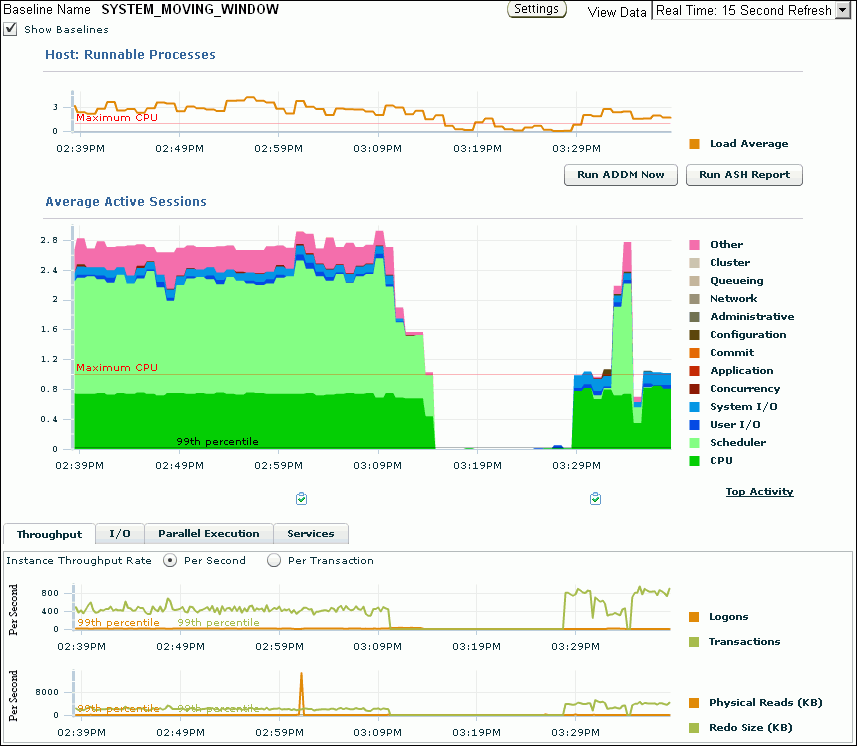
Calendar
Scroll through the months, and chose the right schedule for you, send us a standard request form register



